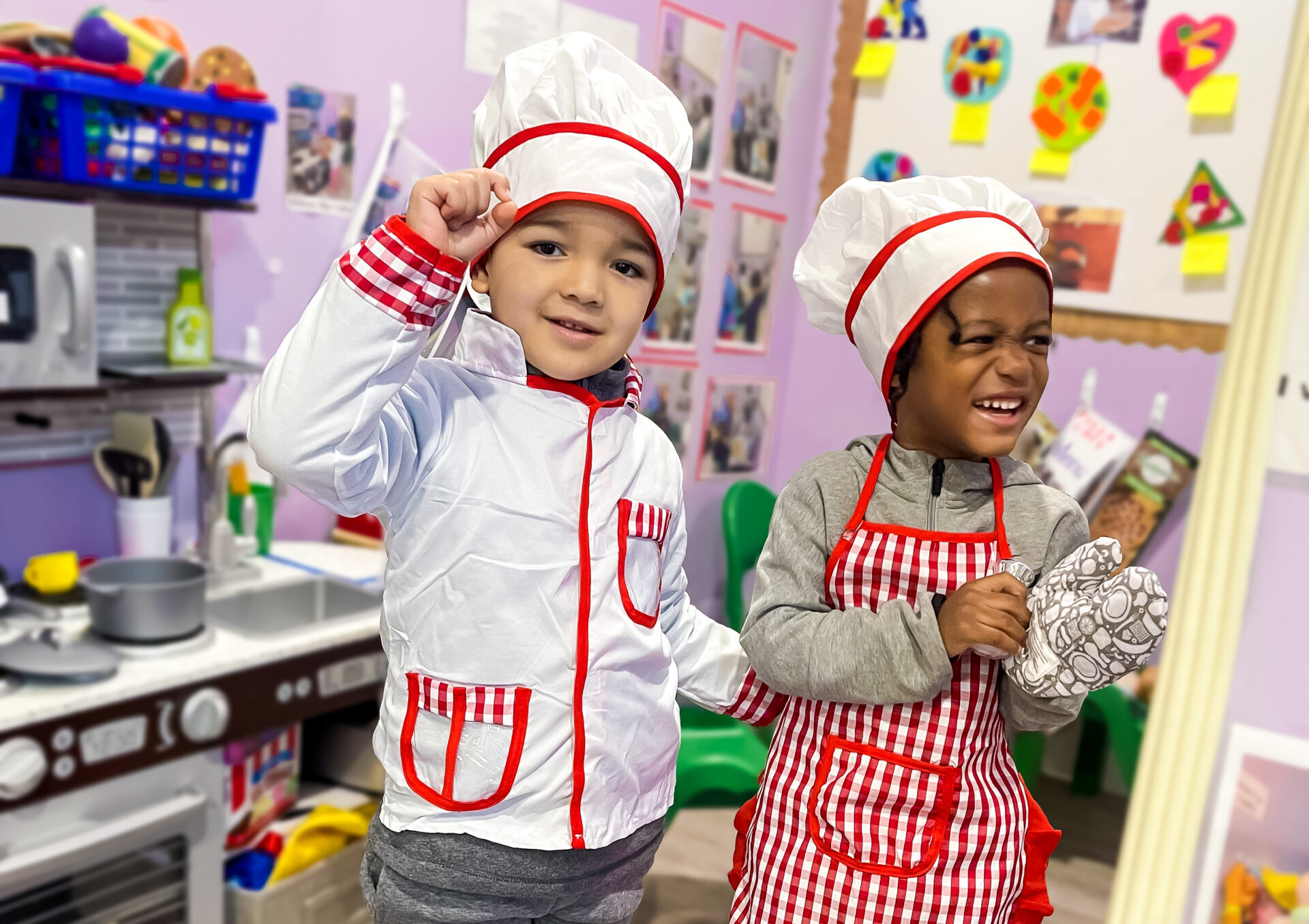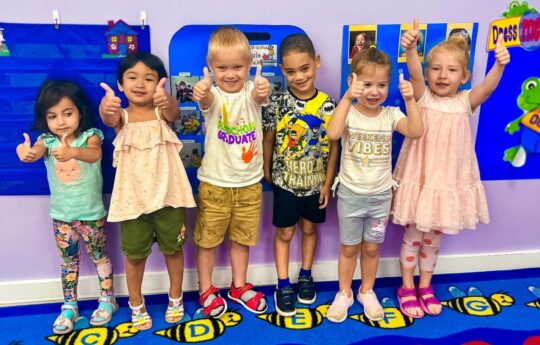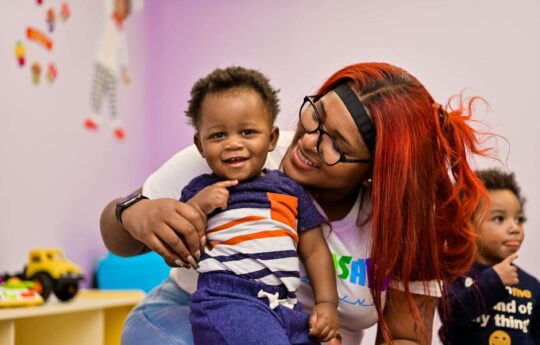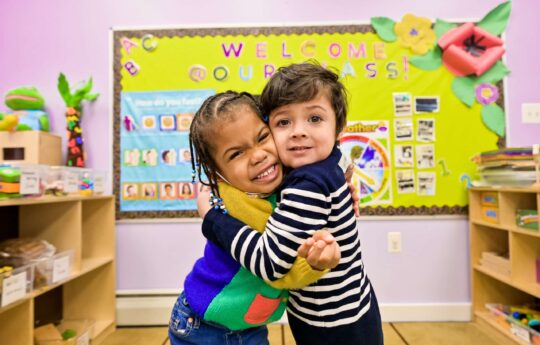
Cooking with young children may be enjoyable and informative activity for everyone involved, even the adults. Apart from providing families with a wonderful opportunity to spend time together, it teaches children valuable life lessons that can foster wholesome eating habits and healthy lifestyle.
Teaching toddlers about the process of cooking include the following benefits:
Fine motor skills
Cooking with little ones ain’t just fun, it is a major way to improve their motor skills and coordination. By measuring ingredients, combining and stirring, and using a child-safe knife to chop up soft foods, kids may work on their fine motor skills and hand-eye coordination.
Communication skills
Young children’s language and communication skills can be strengthened by cooking with them. As they follow directions and ask questions about the process, they can expand their vocabulary and improve their capacity to express themselves.
Creativity
Let’s not forget about creativity! Cooking with kids can help them flex their creative muscles and sense of freedom in addition to the above-mentioned cognitive skills. When they get to pick ingredients, decide how to mix them up, and be part of the cooking process, children start to gain confidence in their skills and have a sense of ownership over their meals.
Eating habits
Cooking up simple meals with your children can encourage them to develop some good eating habits. When kids help in the kitchen, they are more likely to experiment with new foods and grow an appreciation for wholesome items like fruits, veggies, and whole grains.
Family time
In general, cooking together may be a wonderful way for families to connect and strengthen those bonds. It is a fun pastime that can create priceless memories and bring you all together!
Cooking with your kid can be an exciting and rewarding experience, but it can also get messy and challenging at times. Here are some tips to make the process as enjoyable and safe as possible:
- Choose simple recipes: Look for recipes that are easy to follow and don’t require too many ingredients or complicated techniques. This will make it more enjoyable and less like a fancy culinary challenge.
- Get them involved: Let your child help with measuring, mixing, stirring, and other age-appropriate tasks. By helping out in the kitchen they will feel like a valuable part of the process and increase their confidence.
- Focus on safety: Teach your child about basic kitchen safety, such as washing their hands, using oven mitts, and avoiding hot surfaces. Keep an eye on them while they work, especially around hot stovetops or ovens.
- Have fun: Remember that cooking with your child should be an engaging and playful experience. Don’t worry too much about making a mess or sticking to the recipe exactly. The main goal is to make a positive experience that will inspire your child to keep experimenting with food and cooking in the future.
To wrap it up, making basic meals with young kids may be pretty beneficial for everyone involved, including the kids. It can enhance their motor and communication skills, creativity, imagination and self-sufficiency. Furthermore, it can create a bonding opportunity for families and promote healthy eating habits. By implementing the tips mentioned earlier, you can ensure that cooking with young children is a blast, educational, and secure experience for everyone.
At Little Scholars, cooking is a regular activity for our students that they hugely enjoy. Check out our Instagram page to see all the fantastic meals that our kids were able to make!




